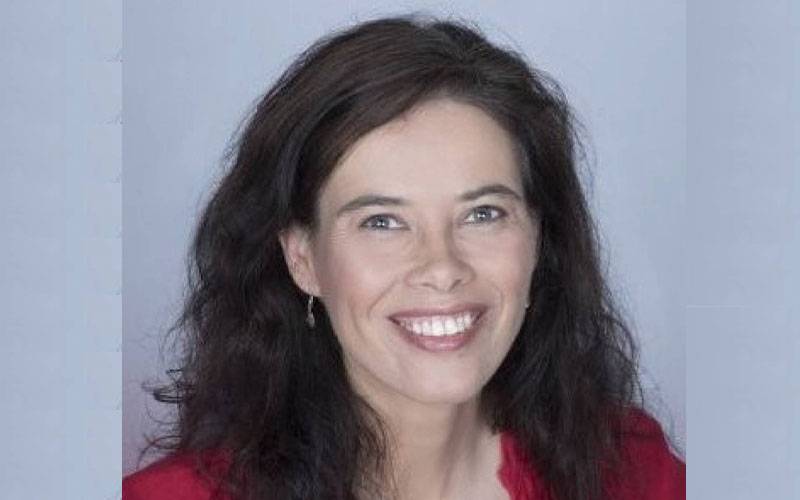This month we speak to Dr Lisa Guppy to find out how her research on chronic and protracted crises in low-income countries is improving the health of the public.

What is your role and what does it involve?
I lecture for the Institute for Risk and Disaster Reduction, on the new BSc Global Humanitarian Studies programme. This multidisciplinary degree aims to educate and train future generations of humanitarian and crisis management leaders in the theory and practice of humanitarian action. We have just finished our very first academic year, which was very rewarding.
How are you improving the health of the public?
I primarily work in low-income countries and have a particular interest in chronic or protracted crises, which include water and environmentally related crises. I recently completed a report of the United Nations on water and conflict in Yemen, where severe and growing water scarcity not only puts human health directly at risk, it impacts conflict risk, food security, economic development, sanitation and hygiene, and other aspects of life. These kinds of long, drawn-out crises impact the health and wellbeing of the most vulnerable first, which often include the poorest people, women and girls, and people living with disabilities. Making sure the most vulnerable are considered and planned for can be a key way to reduce mortality and morbidity in poorer, conflict-affected and disaster-prone countries.
What do you find most interesting or enjoyable about your work?
Although working in disasters and crises might seem a little depressing, I do feel that people working in crisis management and humanitarian response can make a real impact, at whichever level they work at: on the ground after a disaster has hit, nationally to prepare for and reduce the risk of disasters, or globally to set better coordination and cooperation between countries. Preparing students to face these challenges and opportunities can be very rewarding.
How have cross-disciplinary collaborations shaped your research?
Disaster management relies on so many different experts and knowledge types that it is almost by definition multi- and cross-disciplinary. For example, any disaster management process and humanitarian response rely on scientific data such as meteorological and hydrological analysis and prediction; a cultural understanding of the population who are impacted by crisis, so that appropriate assistance can be designed and delivered; socio-economic understanding of how different people are vulnerable to different crises, and how different people can be supported to be more resilient; and research to understand how a disaster response was handled, what the impacts were and how action can be improved.
What advice would you offer to others interested in developing cross-disciplinary research?
I would encourage people to be open-minded. Sometimes it is challenging to work with someone who has a very different perspective on a topic or a situation you feel you know very well, but good collaborations across disciplines can mean not only new ideas but better ways of assisting those people most at risk in the world.
What's next on the research horizon for you?
I am quite new to University College London and to the UK. I am looking forward to meeting new people across different departments with an interest in crisis management and making new collaborations.
If you could make one change in the world today, what would it be?
I am continually surprised that so few of us have an understanding of basic information and data around climate change and related risks such as food and water security. Instead of hype and politicisation, I wish that everyone – including our leaders – would take some time to understand the very real risks facing us as a human population and what those most at risk already experience, day to day. Perhaps planning and preparing better for our fast-changing future would then improve!
 Close
Close

